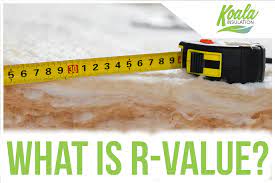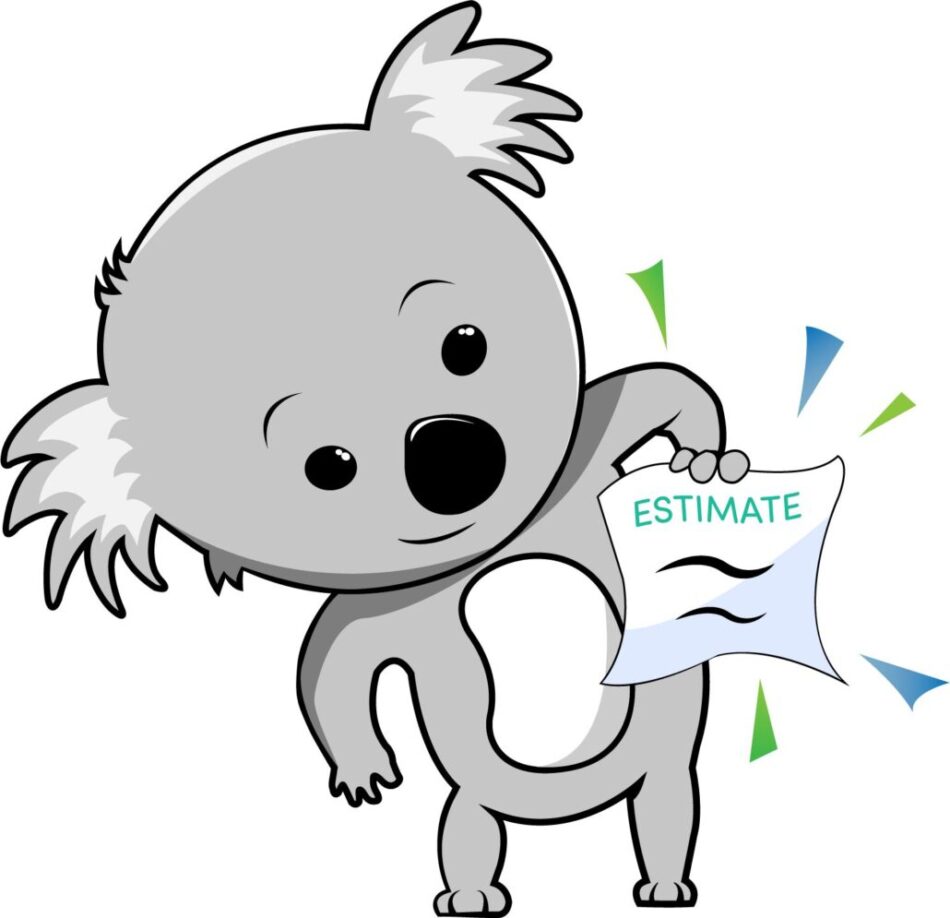Understanding R-Value and Insulation

R-Value and insulation are terms commonly used in the construction and building industry to describe the thermal resistance of materials and their ability to resist the flow of heat.
Here's what each term means:
R-Value
– R-Value stands for "thermal resistance value." It is a measure of how effective an insulating material is at slowing down the transfer of heat from one side to the other.
– The higher the R-Value of a material, the better it is at insulating and preventing the transfer of heat.
– R-Value is typically used to rate the insulation properties of materials such as insulation batts, foam boards, and other building insulation products.
– R-Value is often measured in square feet per degree Fahrenheit per British thermal unit (ft²·°F·h/BTU) or in square meters per degree Celsius per watt (m²·°C/W).
Insulation
– Insulation refers to any material or component used to reduce the transfer of heat, sound, or electricity between different areas or objects.
– In the context of buildings, insulation is commonly used to maintain a comfortable indoor temperature by reducing heat transfer through walls, roofs, floors, and other building components.
– Insulation materials can be made from a variety of substances, including fiberglass, cellulose, foam, and more.
– Insulation works by trapping air pockets within its structure, which hinders the movement of heat. It acts as a thermal barrier between the inside and outside of a building, helping to keep the interior cooler in the summer and warmer in the winter.
In practical terms, when choosing insulation materials for a building, you should consider the R-Value of the material to ensure it meets the required level of thermal resistance for the specific application and climate conditions. The higher the R-Value, the better the insulation material will be at conserving energy and maintaining a comfortable indoor environment.
Koala Insulation of Baltimore Experts are Ready to Help
Insulation experts can then make custom recommendations about the types of insulation that are appropriate for your home's unique needs. Our employees at Koala Insulation of Baltimore train in-house on how to properly handle, install and inspect various types of insulation. Contact Koala Insulation of Baltimore to learn more about how our free evaluations can impact your comfort, safety, and savings.
Find Your Location


Get a quote


